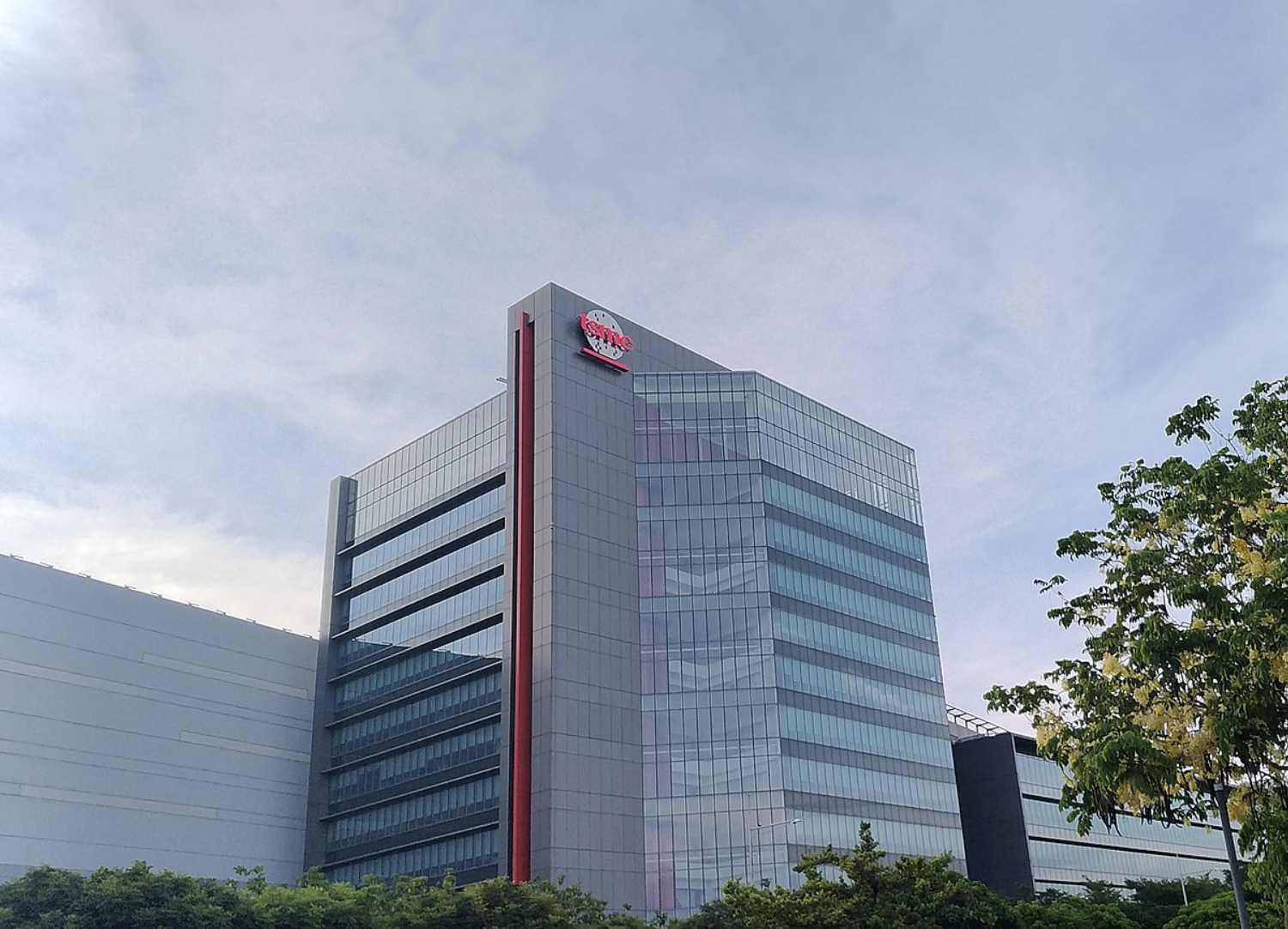The Taiwan Semiconductor Manufacturing Company (TSMC) has reportedly joined forces with Samsung to build a chip "megafactory" in the UAE.
Over the weekend, the Wall Street Journal reported that the firms visited the UAE to discuss opening fabs and other projects which could be worth up to $100 billion.
Although the two firms are rivals in the foundry business, they joined forces in April 2024 to develop a next-generation artificial intelligence chip called HBM4.
Local press has now reported that TSMC has denied the plans, yet this has failed to quell speculation about the possibility of moving chip production to the Gulf nation.
"We are always open to constructive discussions on ways to promote the development of the semiconductor industry, but we remain focused on our current global expansion projects and have no new investment plans to disclose at this time," the company has been quoted as saying.

Where does TSMC make chips outside of Taiwan?
Opening fabs outside Taiwan does not necessarily mean that the chips will be cheaper. But it does cut supply chain risk and limit the risk of shortages.
It's been estimated that 90% of the world's most advanced chips are made in Taiwan. TSMC started manufacturing 3 nanometre (nm) chips in the island nation in 2022 and expects to move to 2nm next year, describing these chips as the "most advanced technology in the semiconductor industry in both density and energy efficiency
Clearly, it's not a wonderful thing that most of the world's best chips are made on a tiny island off the coast of a powerful neighbour that claims ownership of it.
To reduce the risk represented by chip concentration, TMSC has been expanding around the world.
In its annual report, TSMC said it was making "good progress" on its first fab in Arizona and is on track for volume production in the first half of 2025, promising "the same level of manufacturing quality and reliability in Arizona as from our fabs in Taiwan."
TSMC’s total capital expenditure for the facility in Phoenix has now soared above $65 billion, making it the largest foreign direct investment in Arizona's history.
The Taiwanese firm partnered with TSMC, Bosch, Infineon, and NXP Establish Joint Venture to launch the European Semiconductor Manufacturing Company, which is developing a fab in Dresden, Germany, which will focus on automotive and industry production. Construction is expected to start in the fourth quarter of 2024.
"While the initial costs of overseas fabs are higher than TSMC’s fabs in Taiwan, we are confident to manage and minimize the cost gap, so that we can continue to maximize the value for our shareholders," the chipmaker wrote in its report.
TSMC produced 28% of the world's semiconductors (excluding memory) in 2023, compared to 30% in the previous year. This slight slump is "mainly due to the semiconductor industry inventory correction" which took place as the global chip shortage subsided.
The UAE's tech ambitions
It is known that the UAE has ambitions to boost the foundry sector. According to the International Institute for Management Development (IMD), a thinktank in Switzerland, reported that the UAE "is emerging as a contender in the chip wars, supplying tech giants with processors to power AI and fostering a new cluster of semiconductor innovation in the Middle East."
The UAE certainly has the vision to play a more central role in global semiconductor production but will have to overcome challenges around talent as it lobbies chip foundries - not to mention infrastructural difficulties such as limited local access to water.
"Developing the technical expertise and infrastructure required for semiconductor manufacturing remains a complex and time-consuming process," the IMD wrote. "It involves extensive research, investment, and skill development, which may take years or even decades to accomplish. Yet, if the UAE succeeds, it could reshape global semiconductor manufacturing as we know it."





